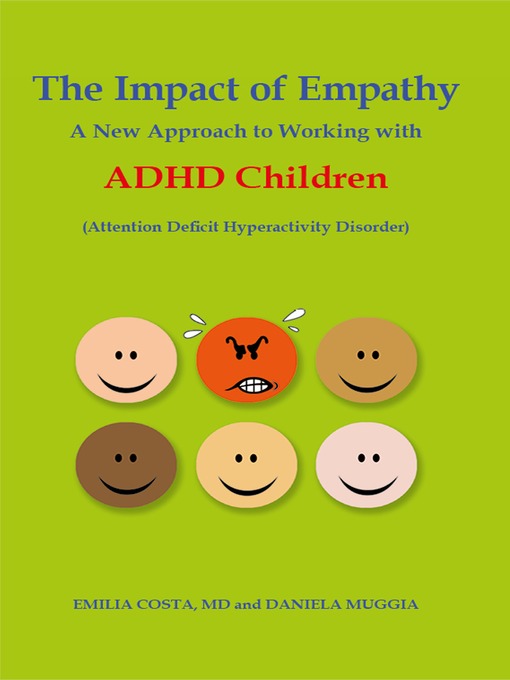"Much is unknown about the proper course of therapy for children with ADHD, Attention Deficit Hyperactivity Disorder. Those diagnosed are often subjected to heavy dosing and often risky psychopharmacological drug therapies. What if there was an effective and non-invasive way to help? This book introduces the ECEL® method, Empathic Care at the End of Life, which brings together the fields of Tibetan Thanatology, (Psychology of the Cycle of Life) and neuroscience to illustrate the power of empathy to enable children to self-manage, deescalate their symptoms, and empower them with the skills for long term self-care. The wealth of resources and scientific information available in this book, teaches caregivers—parents, teachers, and therapists—the impact that learning how to live and act, themselves from an empathetic state, has a significant effect on soothing the child with ADHD.
The innovation of this approach is threefold:
motion with ADHD children... in both harmful and potentially helpful ways. When one member of the mandala initiates a change, all are affected (the butterfly effect).

